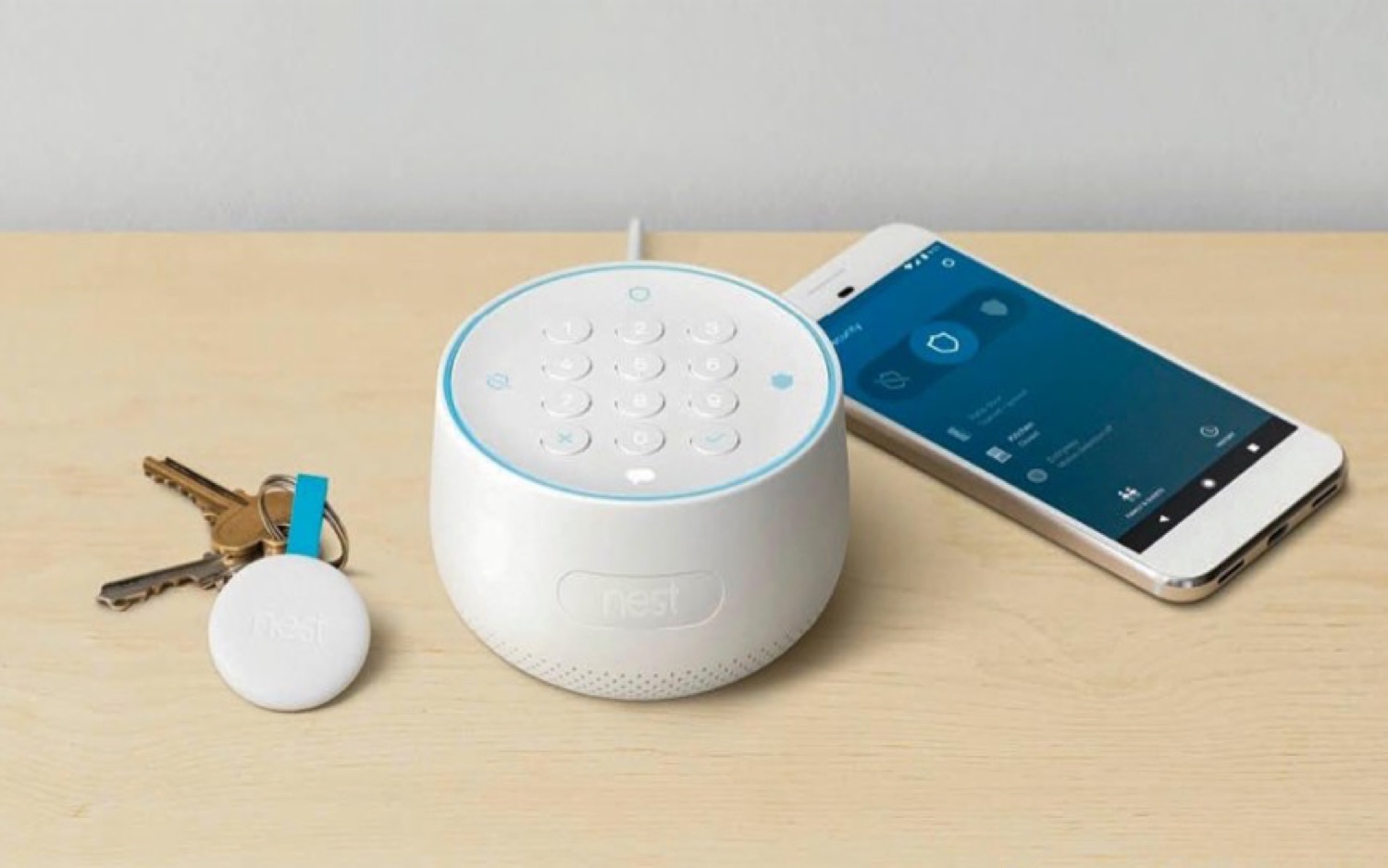Google: We Forgot to Mention Nest Guard Has a Microphone
Earlier this month, Google announced that Google Assistant would work with Nest Secure, its home security and alarm system. This surprised many people as Google has never mentioned that Nest Guard component of the security system had a microphone. The company also didn’t include state this in any of the official documentation for the device.
Nest Secure’s Forgotten Microphone
Trying to salvage what could become yet another privacy-related PR scandal for Google, the company said in a statement to Business Insider: "The on-device microphone was never intended to be a secret and should have been listed in the tech specs. That was an error on our part."
Google also said that the microphone has never been turned on and "is only activated when users specifically enable the option." But that’s something that nobody except Google can verify. The tech giant said the reason for including a built-in microphone was to be able to add new features to the home security system in the future, such as the ability to hear/detect when a glass window is broken.
However, one of the very first features to take advantage of Nest Secure's previously undisclosed built-in microphone seems to have nothing to do with home security, but with the device’s ability to use Google Assistant. This has cast doubt on what Google intended to do with the microphone in the first place and whether or not it was added as a real security feature or as an excuse to collect voice and advertising-related data.
Google Is Feeding the Conspiracy Theories
Google has long been accused of using certain devices’ built-in microphones to listen to people’s personal conversations without those users being aware of it in order to collect more advertising-related data and deliver more targeted ads. Historically, Google has defended itself by saying that always-on microphones are only activated when people say a certain phrase, such as “OK, Google...” Even so, there have been cases of other third-party applications with access to the microphone (which has been all too easy to get until the latest version of Android, which isn't yet available to the majority of users) were able to activate the microphone on more commonly used words and phrases.
Google also has a long history of bypassing other browsers’ privacy protections, tracking users’ locations even when they have location tracking disabled and listening to Google Home Mini users’ conversations because of another “bug.” The latest news is likely to fuel even more uncertainty about Google's management of its users' privacy.
Get Tom's Hardware's best news and in-depth reviews, straight to your inbox.
Lucian Armasu is a Contributing Writer for Tom's Hardware US. He covers software news and the issues surrounding privacy and security.
